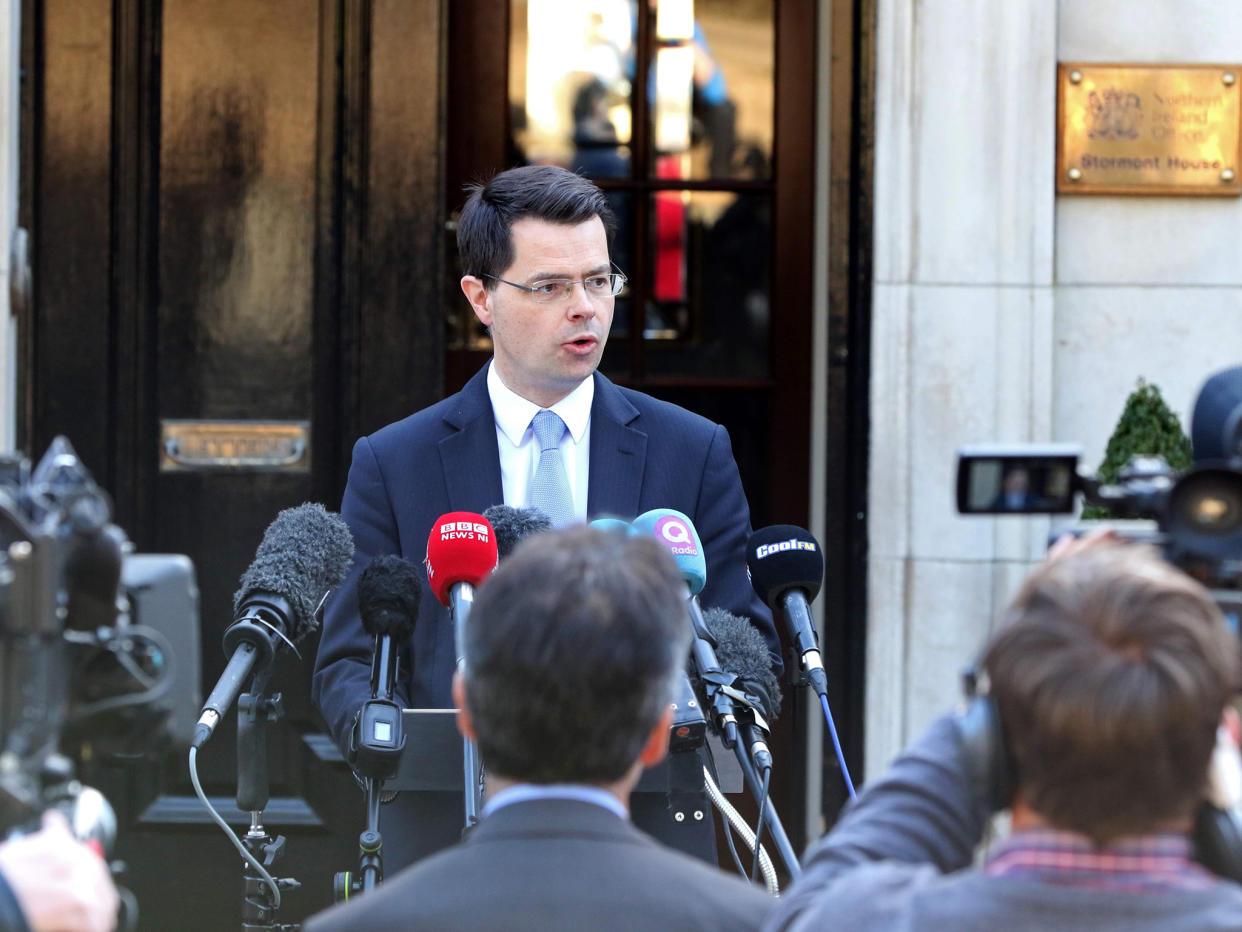Ignoring the Northern Irish problem might be what’s best for the Tories, but it will only harm the peace process

In an era of unprecedented turmoil in British politics, it was perhaps only a matter of time that one of the many precariously plates being juggled by Theresa May’s Government would come crashing down. That seems to have emphatically happened with power-sharing in Northern Ireland, which has now clattered to the ground.
Northern Irish politics is in full blown crisis. In January of this year, the leading republican party Sinn Fein pulled out of power-sharing with their unionist counterparts, the DUP. Sinn Fein was protesting what the party termed “DUP arrogance” over its leader Arlene Foster’s refusal to step aside while she is investigated over allegations that she was responsible for a botched government scheme which cost the Northern Irish taxpayer half a billion pounds.
Under rules outlined by the peace process, both nationalist and unionist politicians have to share power at all times for Stormont to remain standing. As a result, without Sinn Fein, power-sharing collapsed.
In response to this, the British Government called a snap election in Northern Ireland, in the hope a new government would be returned to Stormont by the electorate which would be willing to share power.
After six weeks of canvassing, Northern Ireland went to the polls for a historic vote. After ballots were counted with bated breath, the same titans of Northern Irish politics returned, with the DUP remaining the largest unionist party and Sinn Fein persisting as the largest nationalist one. The status quo was back, and with it, the same stalemate.
A mandatory three-week period of negotiations ensued in which the DUP and Sinn Fein thrashed out whether they could return to power-sharing. Neither of them would back down. The DUP has insisted its leader does not need to step aside during an investigation into the financial scandal and Sinn Fein will not backtrack on it being a red line issue. The official deadline for an agreement was 4pm on Monday; perhaps inevitably, the time has come and gone with no resolution.
What happens next is up to the British Government in Westminster. Realistically, Theresa May has three options. She can ask her Northern Ireland Secretary James Brokenshire to call yet another election in Northern Ireland. But he himself has announced there is “no appetite” within the Northern Irish electorate for a third election in just 12 months.
The second option is that Northern Ireland would be ruled directly from London for a period of time, in a process known as “Direct Rule”. Such a step would be a huge blow to the peace process and could cause disillusionment among locals for the democratic process. This sense of frustration and being sidelined would be particularly acute for Northern Irish people as they would be left without a government during Brexit negotiations, meaning no local representatives would get to advocate on their behalf.
Northern Ireland voted to remain, and the second largest nationalist party, the Social Democratic and Labour Party, has said it will no longer accept direct rule from London solely, as the Conservatives have lost their credibility over Brexit. The SDLP says it will now only accept joint rule by London in partnership with Dublin. This would be extremely contentious at any time but particularly during Brexit, as an EU country (the Republic of Ireland) would be helping to run a part of the UK.
The third option seems the most likely, although by no means palatable or even logical. The British Government could simply stall for time and refuse to make a decision over eventual elections or direct rule. By essentially kicking the issue into the long grass and not making an announcement either way, Prime Minister May could wait until her main political focus, triggering Article 50, is at a less crucial stage.
As the 4pm deadline came and went without agreement, Brokenshire solemnly took to the steps of Stormont House to issue his statement on the British Government’s plans. While the Northern Irish media waited for clarification, none was forthcoming. He ruled out an immediate election but appeared to be choosing his words carefully in not indicating whether a new election in a few months was on the cards. Similarly, he wouldn’t reveal whether direct rule will now be imposed from London, or on a joint basis of London and Dublin.
Either the Conservatives did not realise the magnitude of recent events in Northern Ireland and the inevitable path the region has been hurtling towards, and were genuinely shocked to see Stormont collapse, or they are simply pretending to be so in order to buy time.
Continuing to ignore the Northern Ireland crisis until the most delicate stages of Brexit are out of the way might be what’s best for the Conservative Party, but it could do irrevocable harm to Northern Ireland’s peace process. Theresa May’s failure to engage with fundamental flaws in the region’s politics is one of the reasons why the crisis occurred – the same approach certainly will not remedy it.
As May’s time at Number 10 becomes increasingly defined by how she does or doesn’t handle Brexit, she might very well continue to sideline Northern Ireland in her pursuit of this one policy. A political vacuum now exists in Northern Ireland and it is up to the Prime Minister to fill it.

 Yahoo News
Yahoo News 
